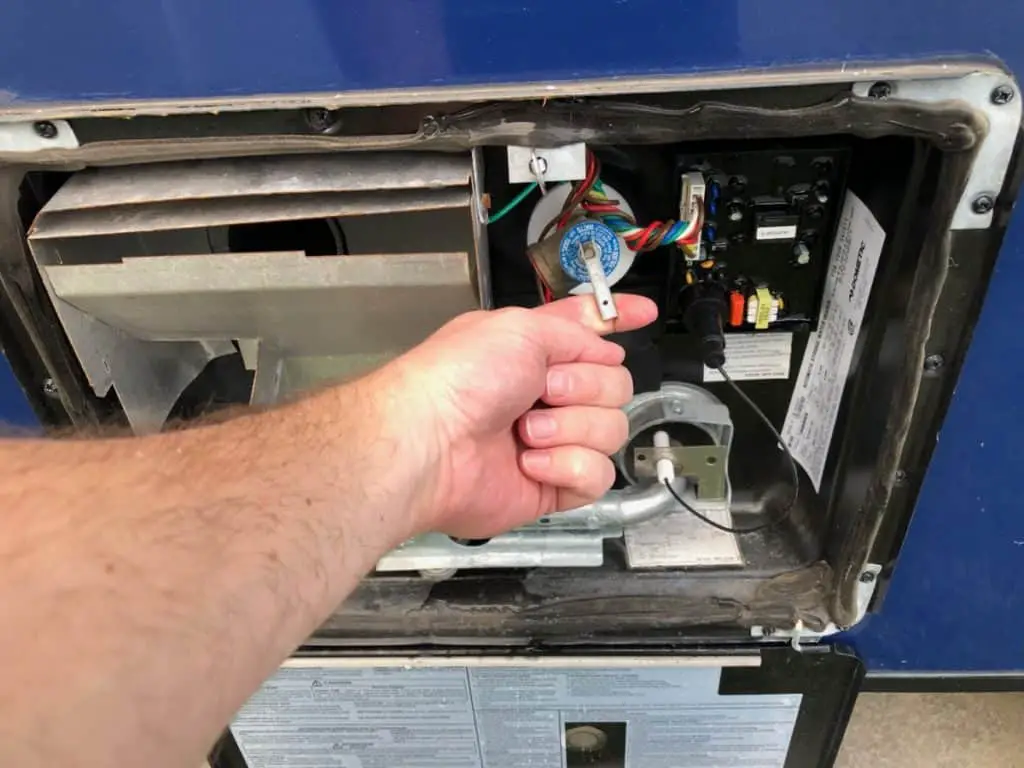New Hot Water Heater Smells Like Rotten Eggs
Most homeowners have experienced the smell of a new hot water heater that smells like rotten eggs. This smell is usually caused by the anode rod inside the water heater tank. The anode rod is made of magnesium or aluminum and is used to help reduce corrosion inside the tank. The anode rod can sometimes react with the water in the tank to create a rotten egg smell. This smell is unpleasant, but it is not dangerous to your health.
What Causes the Smell of a New Hot Water Heater?
The anode rod is the most common cause of a new hot water heater smelling like rotten eggs. As the anode rod corrodes, it releases hydrogen sulfide, which is the same gas that is responsible for the smell of rotten eggs. The anode rod is designed to protect the interior of the tank from corrosion, but it will eventually corrode away and need to be replaced.
How Can You Get Rid of the Rotten Egg Smell from a New Hot Water Heater?
The best way to get rid of the smell of a new hot water heater is to replace the anode rod. The anode rod can be replaced by a qualified plumber or technician. Replacing the anode rod will help reduce the smell of rotten eggs and also help to extend the life of the hot water heater.
Does the Smell of a New Hot Water Heater Indicate a Problem?
No, the smell of a new hot water heater does not indicate a problem. The smell is caused by the reaction between the anode rod and the water in the tank and is not dangerous. However, if the smell persists, it may be a sign that the anode rod needs to be replaced.
What Are the Benefits of a Hot Water Heater Anode Rod?
The anode rod is designed to reduce corrosion inside the tank of a hot water heater. By reducing the amount of corrosion, the anode rod helps to extend the life of the water heater. Additionally, the anode rod helps to reduce the amount of sediment that accumulates inside the tank, which helps to improve the efficiency of the hot water heater.
How Often Should the Anode Rod be Replaced?
The anode rod should be replaced every three to five years, depending on the type of water heater. The anode rod should be inspected every year to check for signs of corrosion, and it should be replaced as soon as signs of corrosion are detected.
What Are the Alternatives to Replacing the Anode Rod?
The anode rod can be treated with a chemical solution to help reduce the smell of rotten eggs. However, this is only a temporary solution and will not extend the life of the water heater. It is best to replace the anode rod to ensure that the water heater is working properly and to reduce the smell of rotten eggs.
In conclusion, the smell of a new hot water heater that smells like rotten eggs is usually caused by the anode rod inside the tank. The anode rod helps to reduce corrosion inside the tank and should be replaced every three to five years. If the smell persists, it may be a sign that the anode rod needs to be replaced. Additionally, a chemical solution can be used to reduce the smell of rotten eggs, but this is only a temporary solution and will not extend the life of the water heater.
RV Hot Water Smells Like Rotten Eggs - Home Guide Corner

5 Signs Telling You That The Water Heater Is About To Explode

Why does my RV smell like rotten eggs? – The Savvy Campers
